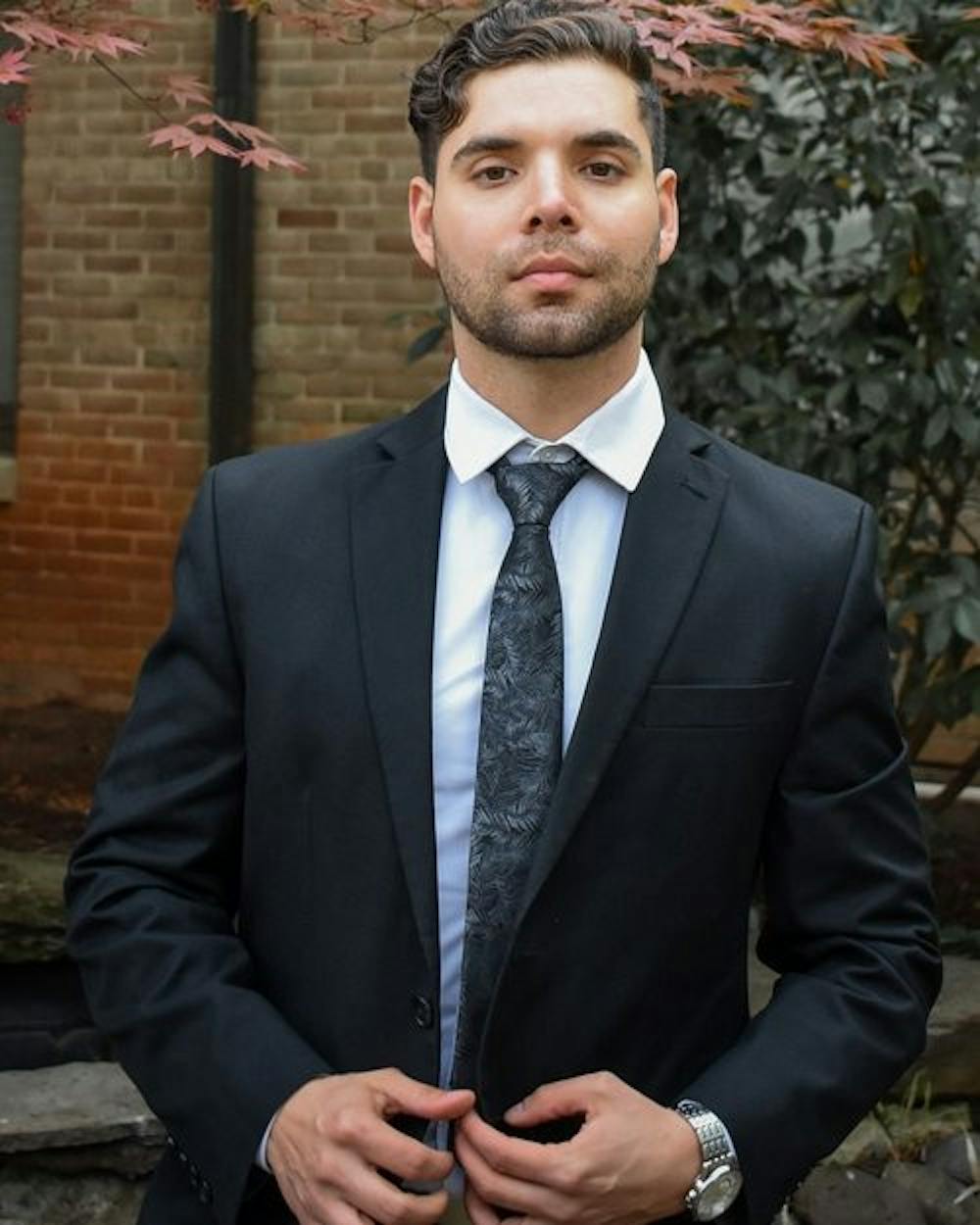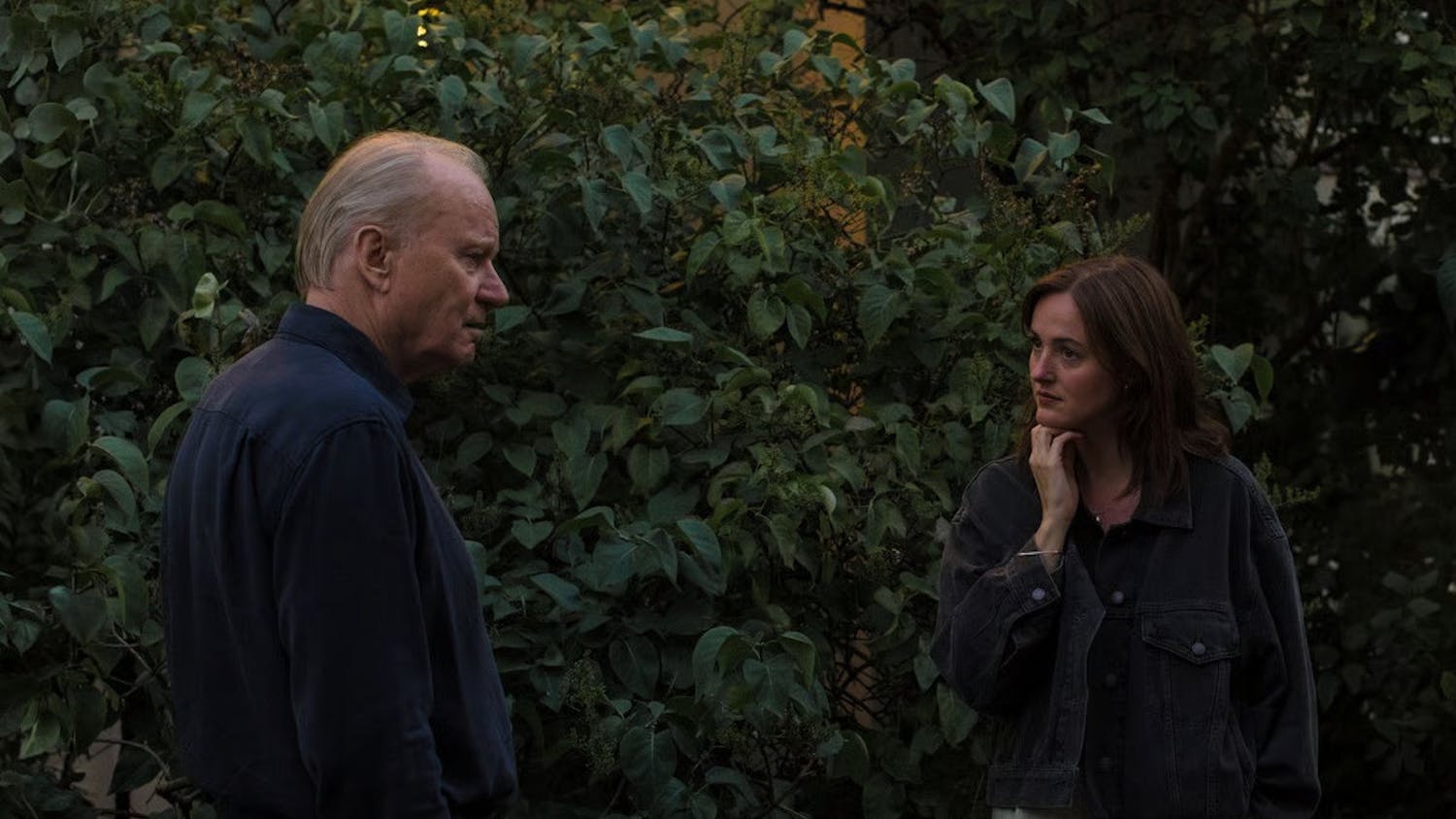The School of International Service Graduate Student Council called for President Sylvia Burwell and the American University administration to retract the recently implemented policy banning indoor protests, requiring clubs to “be inclusive” and restricting campus postering in a Feb. 5 statement.
Mateo Maya, the SIS GSC president, said he is concerned about the restrictions on freedom of speech, especially how they impact the role that graduate students can — and already do — have on campus.
“For the last couple of months, many grad students have been active advocates against antisemitism and Islamophobia on campus, ensuring that all students are included and cared for,” Maya said. “However, grad students are often excluded and/or underrepresented from these conversations despite our numerous efforts to partner with the AU administration and other on-campus groups.”
The GSC conducted an anonymous, online poll to survey SIS graduate student feedback on AU’s response to the Israel-Hamas war. Over half of respondents said they are dissatisfied with the administration’s response and don’t think that the University has facilitated a balanced and informative dialogue.
Maya is concerned with the vagueness of AU’s statement, asking, “What are the consequences of protesting inside? What is even considered a protest? Would a non-disrupted, or silent, protest be allowed? The policy left more questions and issues than solutions.”
Maya pointed to AU’s history as an activist campus and the efforts made by students and faculty to address the ongoing war. The GSC wants the University to institute a new strategy that allows for curiosity and discourse, with Maya’s stance being that “most graduate students just want opportunities to learn and engage in civil discourse.”
Another roadblock to graduate student discourse is the barrier to undergraduate and graduate student organizations mixing. Two separate organizations support and fund undergraduate and graduate clubs. The AU Club Council only supports and funds undergraduate clubs while the Graduate Leadership Council handles graduate student clubs. The fees for student activities differ for undergraduates, $88.50 a semester, and $30 a semester for graduates, which also hinders clubs from mixing. Since support and funding come through separate entities, graduate students can’t hold executive positions in undergraduate clubs and undergraduate clubs can’t hold events geared towards graduate students.
“This becomes an issue when most affinity and professional groups are created at the undergraduate level instead of being inclusive of all students, which hinders graduate student involvement,” Maya said.
The GSC has sought to change this policy by asking the administration to revise the club financing structure to allow students to access the same clubs despite the different fees or by making the fees equal. The administration has not yet agreed to change any of GSC’s requests.
Zachary Teeter, an at-large senator for GSC and first-year graduate student in the International Peace and Conflict Resolution program at SIS, is looking forward to continuing graduate student advocacy at AU, even as restrictions on speech impact those students.
”The AU administration should support students in our search for knowledge as we strive to be better advocates and ensure that we are empowered to ‘Wage Peace’,” Teeter said. “It is my goal to have GSC continue to work with fellow graduate students, faculty, and the AU administration to ensure our graduate voices are heard, understood, and acted upon.”
This article was edited by Samantha Skolnick, Abigail Turner and Abigail Pritchard. Copy editing done by Luna Jinks, Isabelle Kravis and Ariana Kavoossi.





